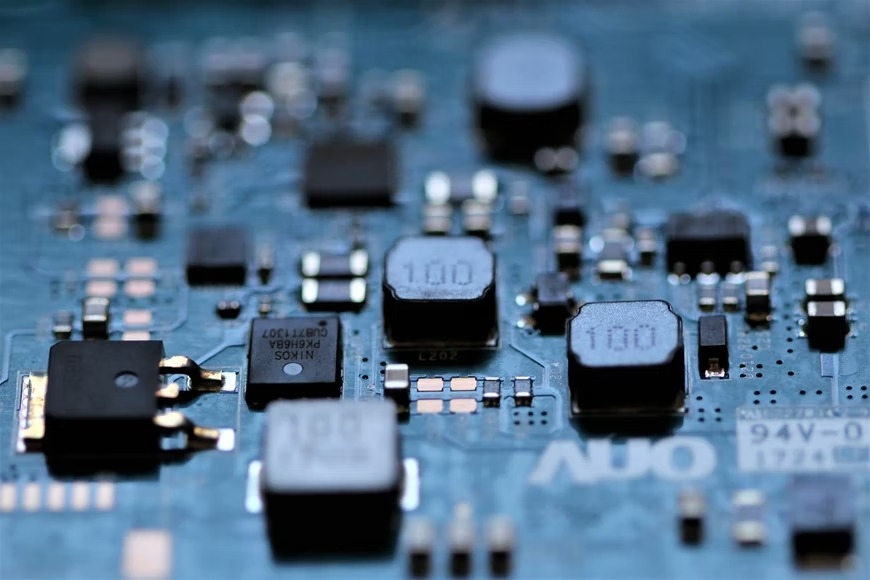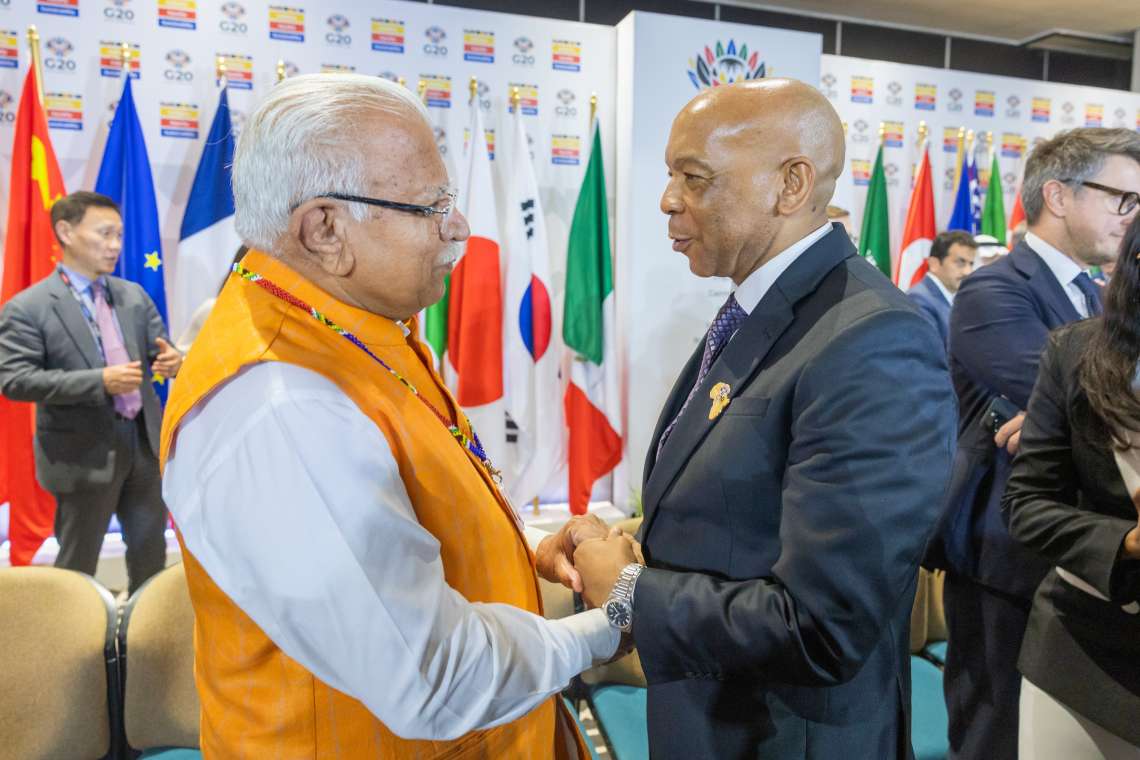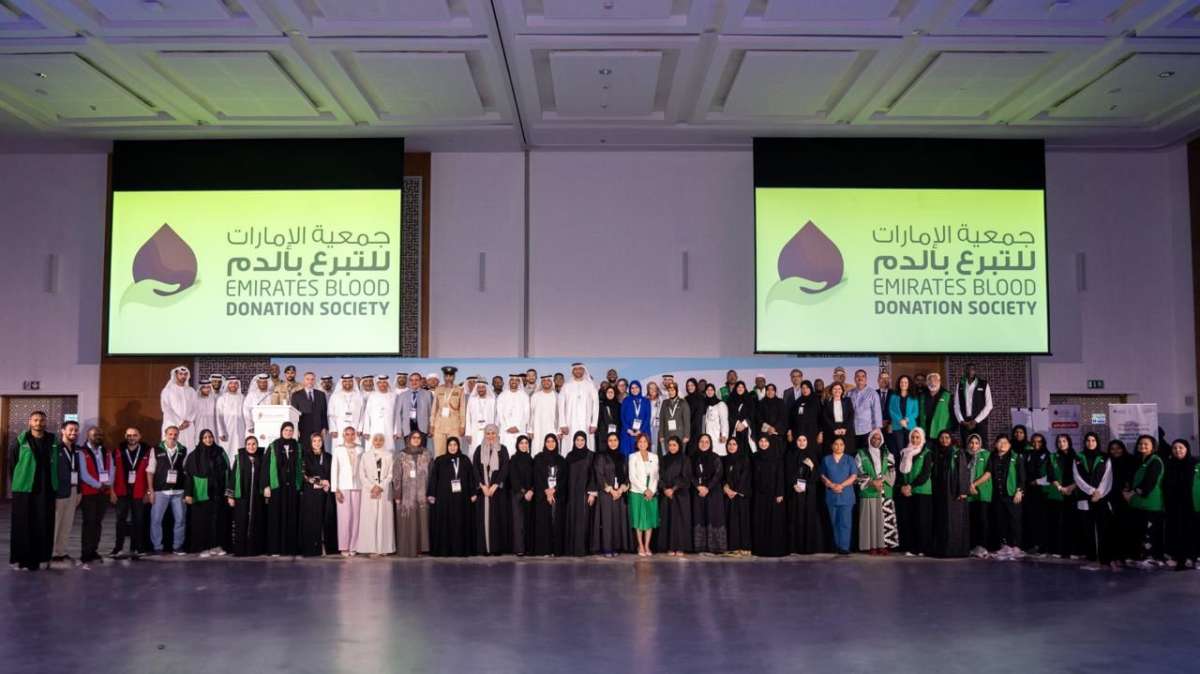Total investment in the fab, which is scheduled to start operation in 2026, will reach 910 billion rupees ($10.9 billion)…reports Asian Lite News
The chipmaking equipment industry is moving to set up bases of operation in India, as the country emerges as a promising alternative to China amid tensions between Beijing and the West.
International chip industry group SEMI will hold its Semicon exhibition in India for the first time in September near New Delhi. The exhibition has been held in the U.S., Japan, Europe, Taiwan, South Korea, China and Southeast Asia.
Japanese companies like Tokyo Electron, Disco, Canon, Tokyo Seimitsu and Daifuku are scheduled to attend. Tokyo Electron will show equipment for wafer deposition, coating and other front-end steps in the chipmaking process. Disco is expected to exhibit equipment for back-end processes like grinding and dicing wafers to form chips.
Applied Materials, Lam Research and KLA from the U.S. will also have large booths.
Due to concerns about infrastructure like water and electricity, India has yet to attract many semiconductor fabrication plants, or fabs. The country’s share of the chip equipment market is thought to be less than 1%, showing a large gap with market leader China’s 34%.
In recent years, however, the restructuring of international supply chains away from China due to tensions with the U.S. has become a tailwind.
Apple is shifting production of iPhones and other products from China to India. As suppliers flock to where smartphones, PCs and other finished products are produced, the prevailing view among analysts is that India’s market is headed for strong growth.
Indian conglomerate Tata Group plans to build a semiconductor fab in Gujarat, India, with technology provided by Taiwanese contract chipmaker Power Semiconductor Manufacturing Co. It will likely be India’s first chipmaking plant for front-end processes.
“India will be among the top five chip ecosystems in the world by 2029,” Ashwini Vaishnaw, India’s electronics and information technology minister, said at a groundbreaking ceremony in March.
Total investment in the fab, which is scheduled to start operation in 2026, will reach 910 billion rupees ($10.9 billion).
The back-end process of finishing semiconductors into electronic components is labor intensive, so many companies are making plans to build plants in India, where labor costs are low.
U.S. memory manufacturer Micron Technology is also building a factory in Gujarat set to start operations in 2024. Japan’s Renesas Electronics has announced plans to build a factory with local companies.
Hong Kong-based Counterpoint Technology Market Research says India’s semiconductor-related market will reach $64 billion in 2026, nearly triple the size in 2019. SEMI has also praised India as an attractive place for semiconductor manufacturing and procurement.
In anticipation of the new chipmaking plants, equipment makers are beginning to set up shop.
Tokyo Electron has already established a marketing base.
“For the semiconductor industry, which requires a concentration of suppliers, India is an attractive market where both technological innovation and market growth can be expected,” the company said. It said it plans to expand its bases in line with client trends, anticipating increased demand for front-end equipment.
Disco, which specializes in back-end equipment, is considering establishing a local subsidiary to handle sales and maintenance services. The company currently covers the Indian market from a Singapore subsidiary, but as back-end factories proliferate, a local base will be needed.
“We will respond to customer requests as factory construction projects take shape,” the company said. Japanese testing equipment maker Advantest has a base at an Indian software developer it acquired in 2013 and is working on software related to performance testing.
As front-end and back-end factories are anticipated, Advantest said it is considering opening a sales base in India.
Canon said this month that contributing to the semiconductor industry in India was seen as a growth pillar, noting opportunities in demand for lithography and other equipment.
ALSO READ-US expands Russia sanctions, targets chips sent via China














